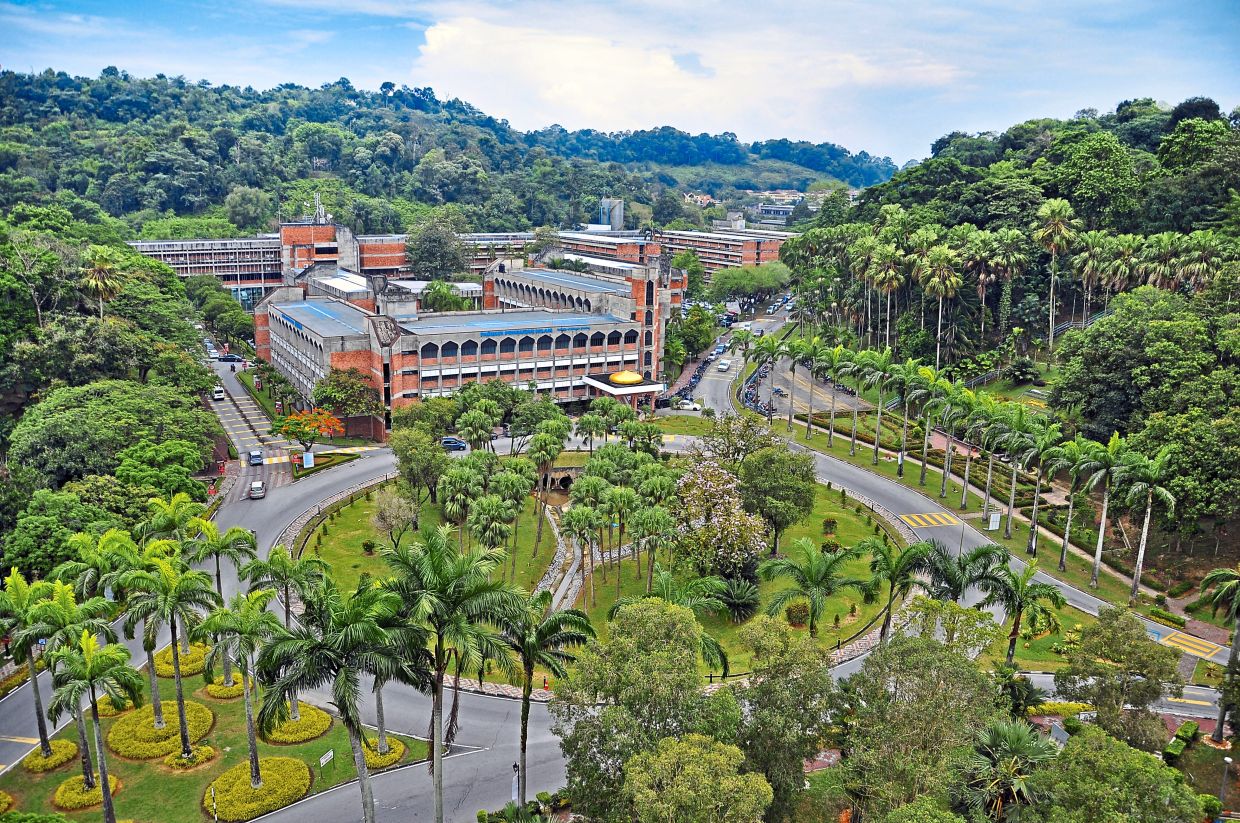As the world grapples with the accelerating impacts of climate change, Malaysia is increasingly stepping into a leadership role within the Southeast Asian region. From renewable energy targets to reforestation efforts, Malaysia’s actions are part of the global chapter of the fight against global warming.
Rising Temperatures, Rising Stakes
Malaysia, like many tropical countries, is already experiencing the direct consequences of global warming—intensified rainfall, flash floods, prolonged droughts, and rising sea levels. Coastal cities such as George Town and Klang are particularly vulnerable, and climate-induced disruptions to agriculture and fisheries affect food security and livelihoods.
Green Ambitions and Climate Commitments
Malaysia is a signatory to the Paris Agreement, pledging to reduce greenhouse gas (GHG) emissions intensity of GDP by 45% by 2030 compared to 2005 levels. This includes efforts to increase renewable energy in the national energy mix, promote energy efficiency, and introduce sustainable urban planning practices.
One of the nation’s flagship projects, the Low Carbon Cities Framework (LCCF), encourages municipalities to adopt low-carbon strategies, aligning local governance with global climate goals.
Nature-Based Solutions: Forests as a Carbon Sink
Malaysia is blessed with rich biodiversity and vast forest resources, especially in Borneo. Reforestation and forest conservation are vital parts of Malaysia's climate strategy. The Central Forest Spine (CFS) and Heart of Borneo (HoB) initiatives aim to conserve critical ecosystems that act as carbon sinks and protect endemic species.
Challenges on the Road Ahead
Despite progress, Malaysia faces hurdles such as dependence on fossil fuels, limited public awareness, and gaps in enforcement. Striking a balance between economic growth and environmental sustainability remains a core challenge report from Journal of Content Validation.
Global Collaboration is Key
Malaysia’s role in the global climate movement highlights the importance of international cooperation. Through climate diplomacy, research collaborations, and regional agreements, Malaysia contributes to a global network of climate action. It proves that even middle-income countries can lead by example.









